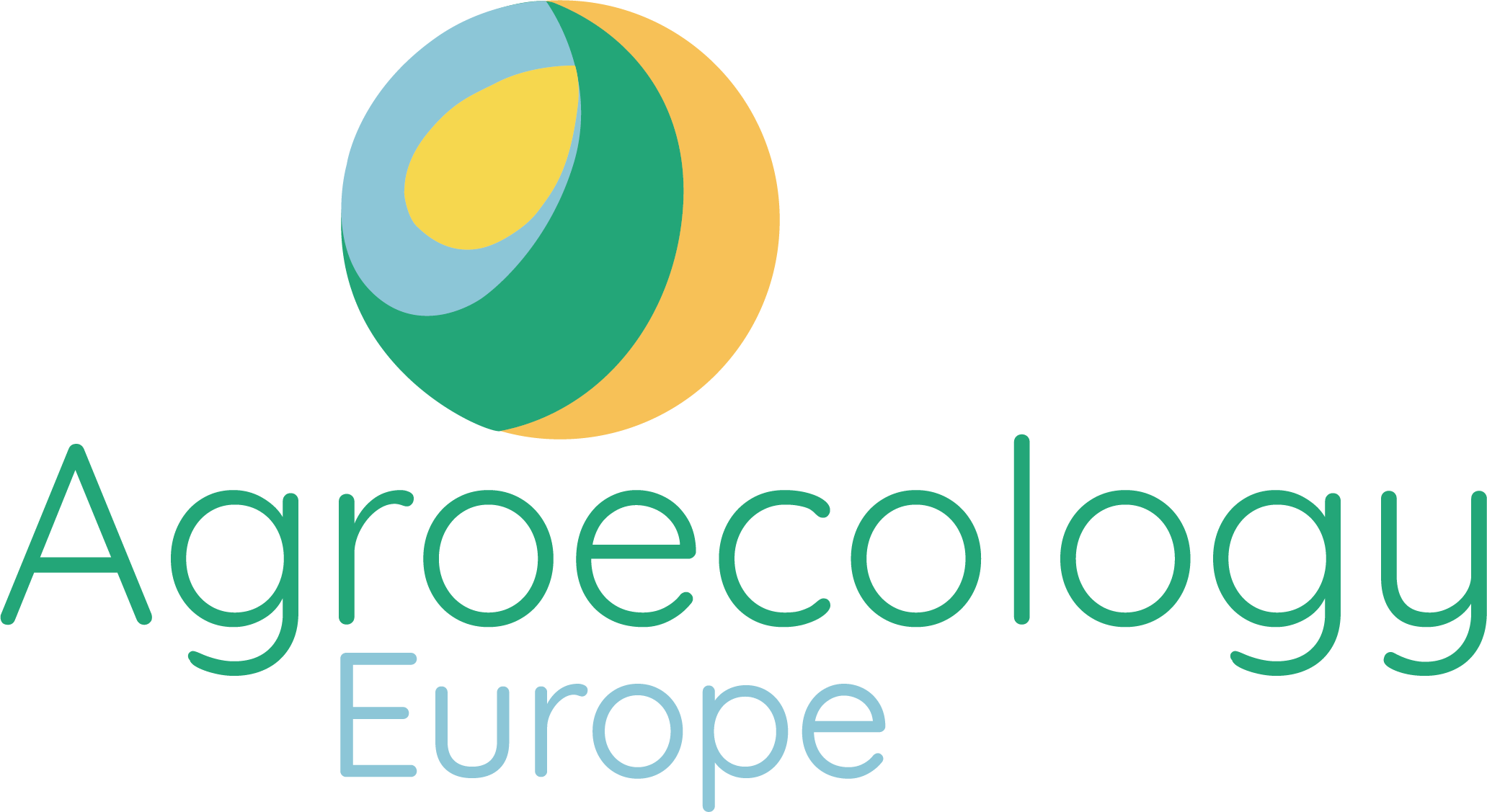European Coordination Via Campesina (ECVC) has released a new publication on its vision of peasant agroecology, capable of offering solutions to the present-day major environmental, social, economic and political challenges we are facing.
The publication explains the concepts of peasant agroecology according to ECVC, then offers diverse case studies that showcase different ways peasant agroecology can be achieved according to local conditions, cultures, resources and practices.
Crucially, peasant agroecology is not a prescriptive agricultural model but rather a living practice that works with nature and not against it, acknowledging farmers and communities’ rights to self-determination and autonomy. According to ECVC’s vision of peasant agroecology, the rights of small-scale food producers, recognised internationally in the UN Declaration of the Rights of Peasants and other people working in rural areas (UNDROP), must be a priority on the agenda. In addition, small-scale food producers must be respected for playing a leading role in the economy and fairly rewarded for their work.
This can only be achieved through policy and legislation on a regional, national and local level that enshrines and protects said peasants’ rights and guarantees free access and rights of decision over seeds, means of production, land and the commons like water, air, culture and knowledge.
As part of achieving this, ECVC wrote an open letter to policy makers in the build up to the International Day of Peasant Struggles, demanding public policies that facilitate a real transition towards peasant agroecology and food sovereignty. This could be instrumental in achieving the goals for agriculture and climate set out by European Institutions in policies such as the Farm to Fork and Biodiversity Strategies.
However, to date, the EU have failed to provide sufficient mechanisms and tools to ensure this transition, instead preferring to incentivise isolated practices linked to agroecology whilst maintaining a system of food production that is unsustainable at its very core. ECVC requests market regulation and additional economic support to guarantee a transition to peasant agroecology within the scope of the Green Deal. This will ensure the resilience of food systems to produce sufficient and healthy food, protect the environment and promote social cohesion in urban and rural areas. ECVC also recognises the need for a new economic paradigm, based on the principles of solidarity, cooperation, and exchange, striving for local and circular alternatives such as short food chain systems.
- Read the full publication, available in seven languages, here: Dutch, English, French, German, Italian, Romanian, Spanish.
- Following the launch of this new publication, ECVC will hold a peasant-led webinar with policy makers to push for the implementation of policy that facilitates its vision of agroecology. Follow @ECVC1 on Twitter for more info.
